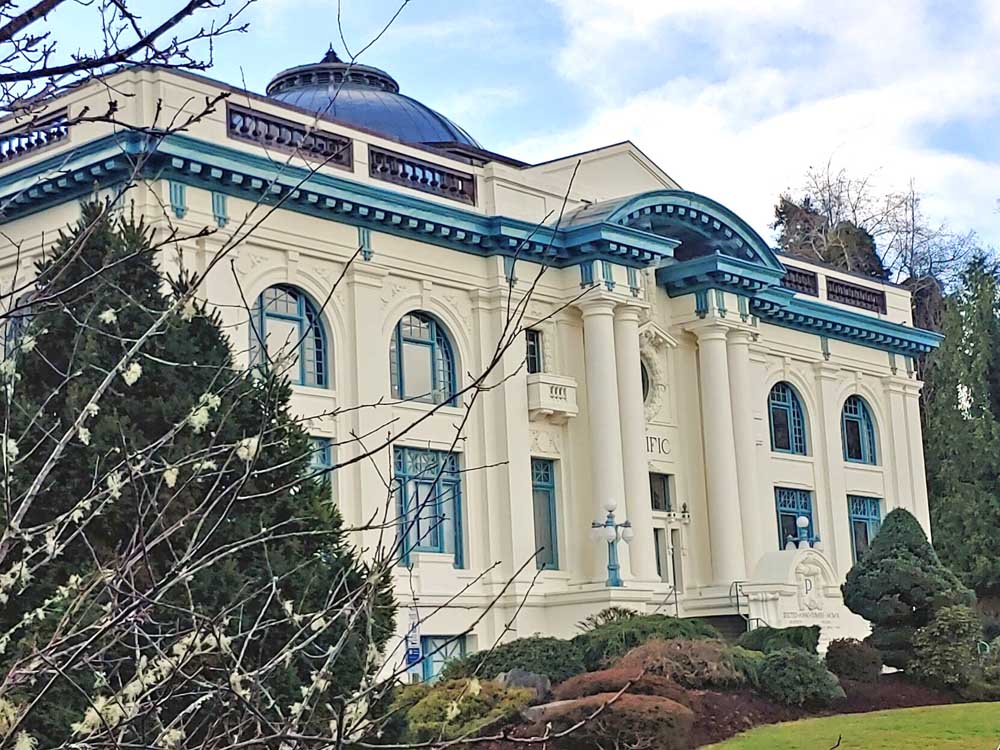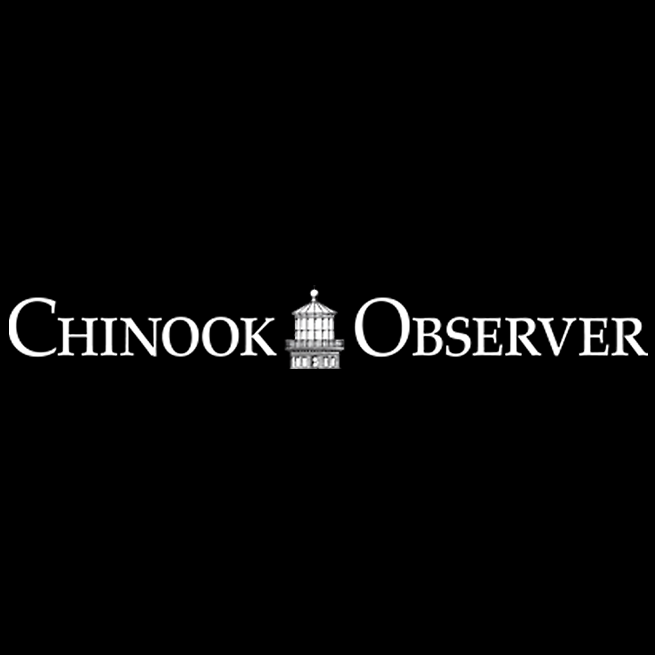Editorial: Washington regulators take over as feds bow out
Published 12:12 pm Thursday, June 22, 2023

- Laura Watson is the new Ecology director.
Washington farmers and ranchers, along with some home builders and forest owners, who have been celebrating the recent Supreme Court ruling that will scale back the authority of the Environmental Protection Agency and the Army Corps of Engineers to regulate wetlands may be troubled to hear that the state Department of Ecology plans to fill the breach.
Trending
Last month, ending more than a decade of litigation, the Supreme Court clarified which waters and wetlands are subject to regulation under the Clean Water Act.
At issue was the exact definition of “waters of the United States,” those bodies of water the act gave federal regulators power over. It has long been a question up for debate. The language of the act is not clear, regulators have sought to define the “waters of the U.S.” broadly to increase their jurisdiction, and contradictory Supreme Court decisions further muddled the issue.
So in 2007, Chantell and Michael Sackett were surprised when the feds ordered them to stop construction on a house they were building across a road from Priest Lake in Idaho. Though the property had no connection to the lake, the EPA said the parcel was a protected wetland.
Trending
Under the threat of ruinous financial penalties, the Sacketts began years-long litigation that took them eventually to the Supreme Court to win the right to sue the government, and finally back again to settle the case.
The court’s ruling clarified what waters are subject to regulation, greatly reducing the power of federal regulators.
“In sum, we hold that the CWA extends to only those “wetlands with a continuous surface connection to bodies that are ‘waters of the United States’ in their own right,” so that they are “indistinguishable” from those waters,” the court ruled.
That ruling limits federal control to wetlands connected to streams, rivers, lakes and oceans.
WA has different rules
But, Washington state law gives Ecology authority to regulate all that, plus “other surface and underground waters.”
The state Water Pollution Control Act will continue to apply to landlocked areas that are wet for at least part of the year.
It says the state Water Pollution Control Act will continue to apply to landlocked areas that are wet for at least part of the year.
The act’s definition of “waters of the state” are far less clear than the court’s reading of federal law.
State waters include “lakes, rivers, ponds, streams, inland waters, underground waters, salt waters and all other surface waters and watercourses within the jurisdiction of the state of Washington.” And it’s up to Ecology to decide what is or isn’t regulated.
“It’s important for people in Washington to know that state laws continue to provide the review and oversight needed to evaluate the impacts of proposed development,” Ecology Director Laura Watson said in a statement.
Ecology reviews projects that impact wetlands not federally regulated. Ecology estimates it will now review at least 50 projects a year, up from the current 19, Ecology spokeswoman Laura Foster said.
And now the department, which already has 1,900 employees, wants to hire more workers to handle the extra load.
Regulators abhor a vacuum.









